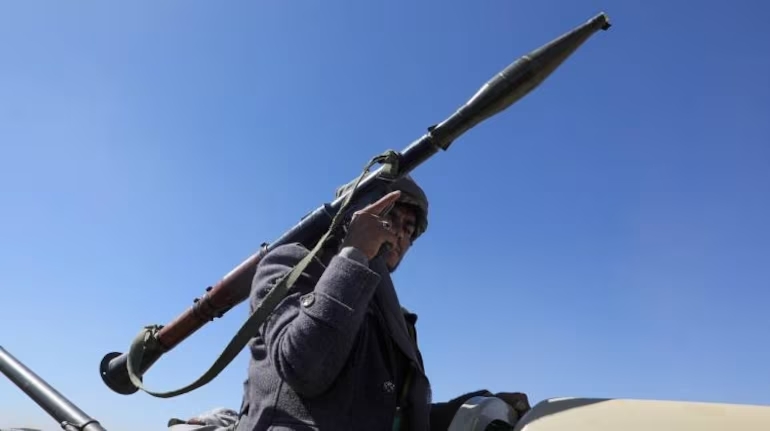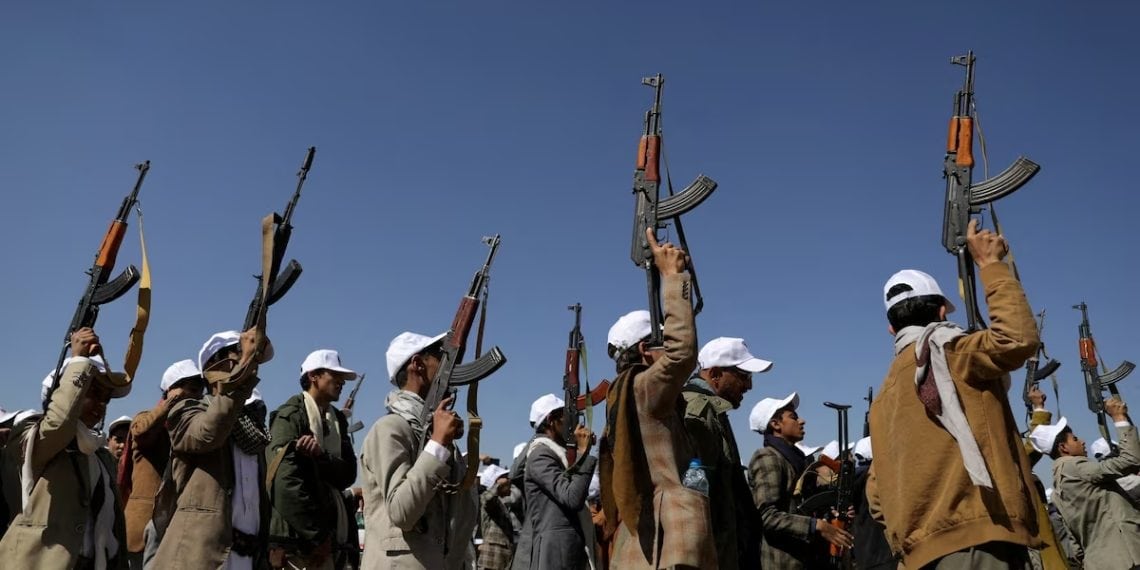Chinese officials have reportedly urged their Iranian counterparts to intervene and restrain Houthi attacks on ships in the Red Sea, a region where Iran-backed Houthi rebels operate. The discussions, focused on the attacks and trade relations between China and Iran, occurred during recent meetings in Beijing and Tehran.
Chinese authorities emphasized the potential impact on business relations with Tehran if Houthi attacks persisted. China, as Iran’s primary trading partner, expressed concern about disruptions to shipping routes between Asia and Europe. While China did not issue specific threats, it made it clear that harm to its interests, particularly involving vessels linked to China, would be viewed negatively.
China, heavily reliant on Iranian oil, purchased over 90% of Iran’s crude exports last year. However, Iran’s oil constitutes only 10% of China’s total crude imports, giving China diversified options. The Iranian sources revealed that China conveyed its disappointment with Tehran should any ships associated with China be targeted in Houthi attacks.
Despite this, Iran maintains regional alliances with proxies in Gaza, Lebanon, Syria, Iraq, and the Houthis in Yemen, influencing its decision-making beyond economic considerations.
Houthi rebels, supported, armed, and funded by Iran, have conducted military operations and attacks on ships in the Red Sea. U.S. and British military strikes on Houthi targets have not deterred their activities. The U.S. has reportedly requested China to leverage its influence with Iran to persuade restraint on the part of the Houthis. However, China’s use of its influence remains uncertain.

China’s importance to Iran, particularly regarding potential investment in its oil sector, gives China some leverage. The diplomatic discussions underscore the complex geopolitical dynamics, with China balancing its economic interests against regional alliances and priorities.
Despite the economic ties, Iran’s leaders weigh other factors in their decision-making, including ideological considerations, regional alliances, and the broader “Axis of Resistance,” which includes groups like the Houthis, Hezbollah, and others. The intricate web of geopolitical considerations shapes Iran’s stance on various issues, including the ongoing conflict in Gaza and the actions of its proxies in the region.




